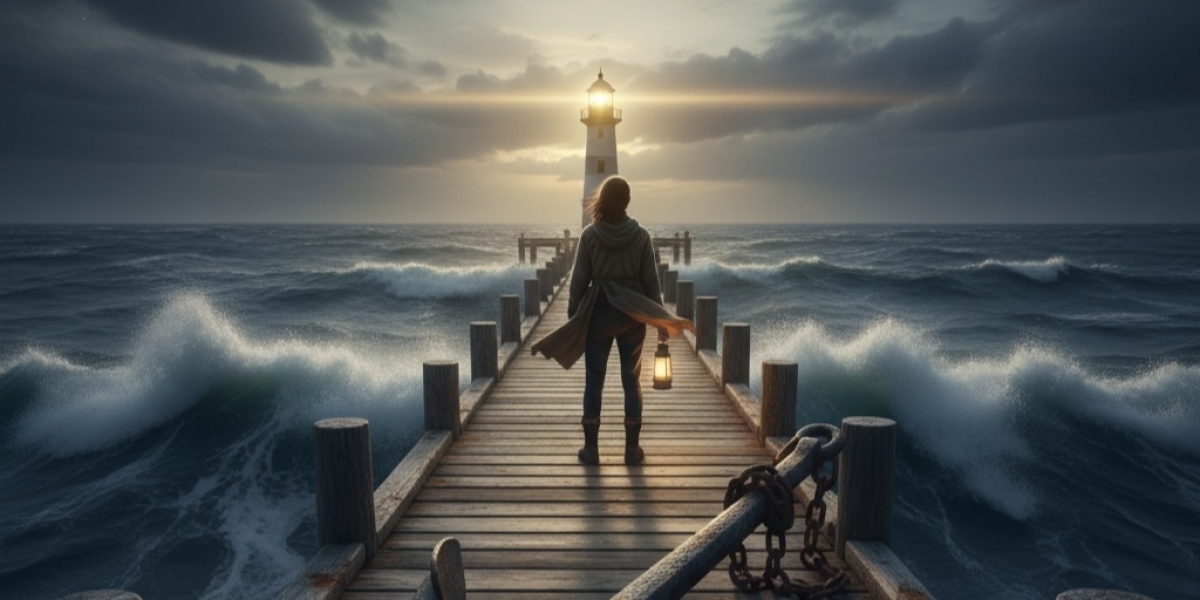We are undoubtedly living in an era of dizzying speed. Changes no longer come in waves, but in the form of a constant, almost overwhelming flow. From technological innovation that rewrites the rules of communication to economic turbulence and profound social transformations, yesterday's world suddenly seems a peaceful, almost idyllic place.
Many of us look around and feel disoriented, as if we had arrived on a new continent, without a map. We look for our place, we look for our rhythm and, most often, we look for ourselves in this unknown landscape. The feeling of not finding yourself is not a whim, but a natural reaction of the psyche to the loss of landmarks.
However, precisely in the midst of this external "madness" lies an essential power: that of turning inward. Our mission is not to stop the wind, but to become resilient anchors, relying on three fundamental pillars: the power of adaptation, conscious hope, and maintaining inner balance.
Adaptation does not mean giving in or giving up on principles. On the contrary, it means becoming a tree whose roots are deep (your values), but whose trunk is elastic enough to bend under the force of the wind.
In the face of a chaotic exterior, the greatest luxury is inner peace. This is your only property that no one can take away. Being yourself in all this madness is not an act of selfishness, but a vital necessity.
Hope Is Not an Illusion, but a Strategy
Hope is often confused with naive optimism. On the contrary, hope is an active strategy, an act of will by which we choose to see the potential, even when the evidence seems to suggest otherwise.
Hope does not deny difficult reality, but gives us permission to keep building. It is the engine that keeps us moving when adaptation becomes tiring.
To keep our hope alive, we must cultivate “small victories”—focusing on the good we can do today, the help we can offer, the joy we can create in our small circle. These acts, taken together, create a solid foundation for a better future.
The world has changed, and it will likely continue to change. Feeling lost is a stage, not a final destination.
Your strength lies in your ability to navigate, not in your control. Be like a ship: keep your anchor (values) deep, be flexible with your sails (adaptation), and use your lighthouse (hope) to light your way.
Self-discovery means realizing that you are not a victim of change, but the architect of how you respond to it. Be the calm in the midst of the storm. Only then can you move forward, whole and meaningful.











